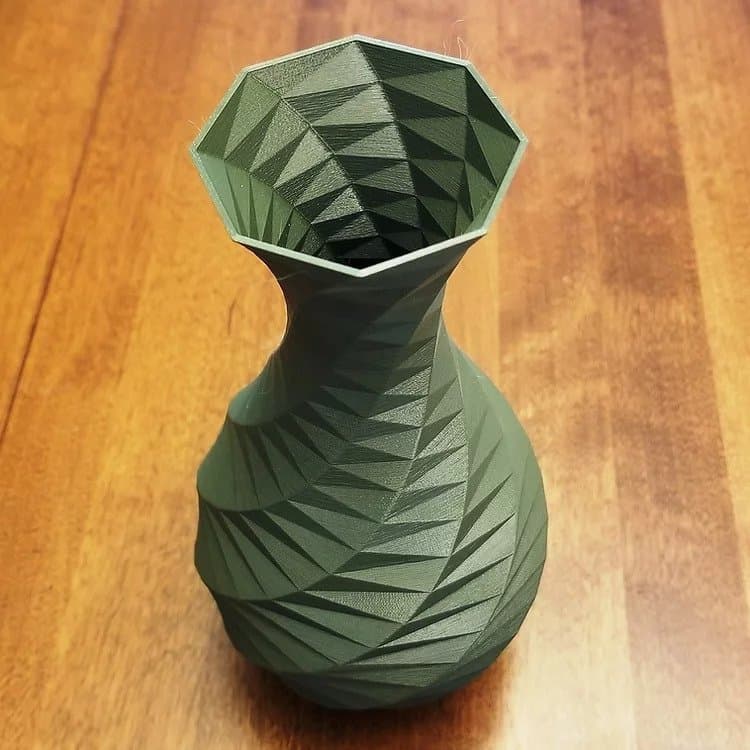Carbon Source, a subsidiary of Washington-based resource reclamation company CarbonMeta Technologies, announced the launch of a Plastic Upcycling Partner Program for 3D printing service providers and makerspaces.
The service will provide discounts on 3D printing filament purchases to partners who upcycle their waste plastics through Carbon Source, as the company works to reduce waste plastic disposed of in landfills. Additionally, the company announced its Upcycling Classroom Grant Program, which aims to inspire students to develop new methods of upcycling waste plastics in their communities.
Recycling filaments for 3D printing
Carbon Source upcycles plastic waste into 3D printing filament in order to increase the sector’s circularity. Each quarter, the company provides a portion of the proceeds from the sale of their recycled filaments to fund recycled plastic project grants to clubs and schools.
According to Market Data Forecast, the global 3D printing plastics market is expected to reach $698 million in 2021 and $1.96 billion by 2026. However, Carbon Source reports that only a small percentage of filaments are now made from recycled plastics. As such, the market’s predicted growth necessitates the development of effective waste management solutions.
Currently, the company sells recycled filament for 3D printers made from HIPS and PETG thermoplastics. The company intends to provide filaments made up of at least 50% recycled PET and PLA in the future.
A vase constructed entirely of post-industrial recycled PET-G in GreenGate3D’s Olive Drab colorway. Photo courtesy of Carbon Source.
Grant Program for Upcycling Classrooms
Carbon Source also announced the introduction of its Plastic Upcycling Partner Program and a new Upcycling Classroom Grant Program for schools and youth organizations. The grant is intended to inspire students to develop novel upcycling processes and technologies that will contribute to the reduction of waste plastic entering our rivers and landfills.
Applicants should address environmental issues in their neighborhood by upcycling discarded plastic. Grants will be awarded at the conclusion of each quarter and will vary in value from $500 to $2,500.
Schools and organizations must be located in the United States or one of its territories, including Puerto Rico, Guam, or American Samoa, to be eligible.


